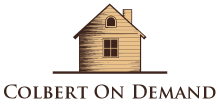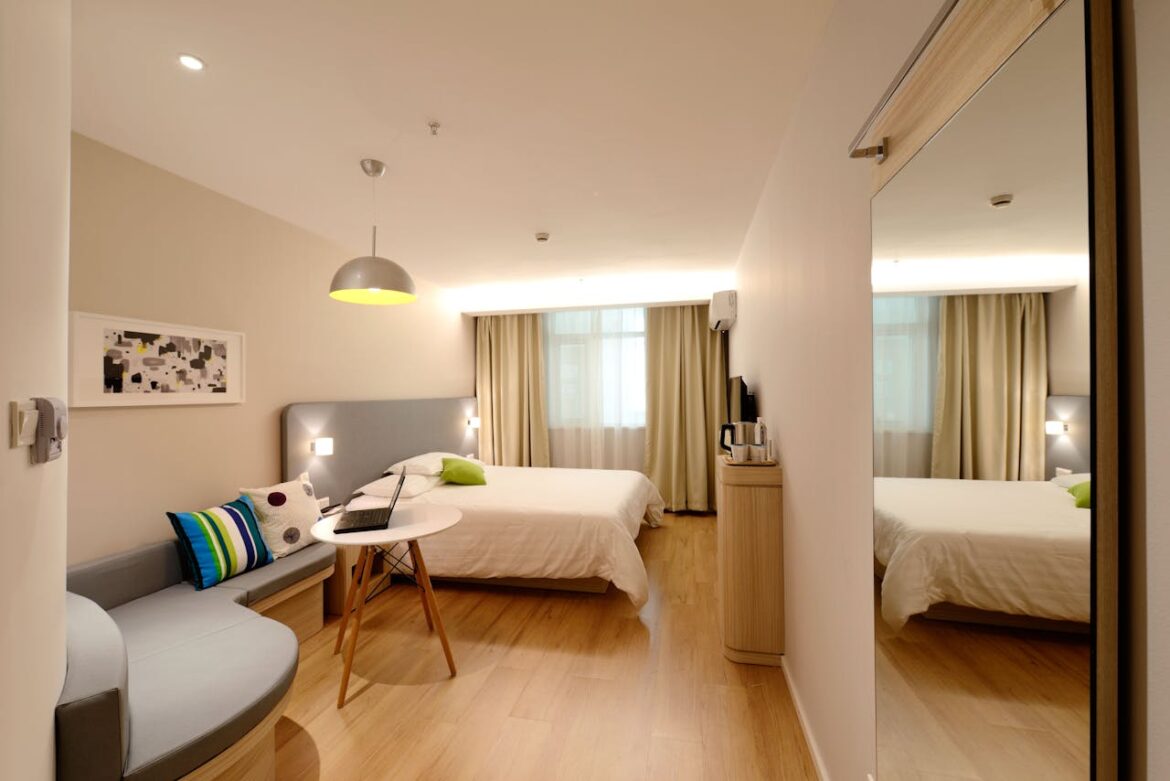The quest for home improvement often centers around aesthetics, but another critical aspect involves enhancing energy efficiency. Making your home more efficient not only reduces environmental impact but also leads to substantial cost savings. In an era of rising energy costs and increasing environmental awareness, homeowners are more motivated than ever to adopt practices that lower consumption and reduce their carbon footprint.
Improving energy efficiency can take many forms, from small adjustments like upgrading insulation or installing energy-efficient appliances, to larger renovations such as replacing old windows or switching to renewable energy sources. These improvements not only benefit the environment but also increase the long-term value of your home.
This article provides insightful tips and essential facts to guide you in boosting your home’s energy efficiency, offering practical advice for both immediate fixes and more significant investments that promise long-term returns. By making informed choices, you can enhance your living space while contributing to a more sustainable future.
Understanding Energy Consumption
According to This Old House, approximately 50% of a typical home’s energy expenditure in the US goes toward heating and cooling. This significant portion makes it a prime area to target for energy efficiency improvements. By reducing the energy needed for temperature control, homeowners can significantly cut their utility bills.
Heating and cooling systems are central to managing a comfortable home environment, but they often consume a large amount of energy. Implementing energy-efficient practices in this area can greatly benefit the environment and save money. The potential savings make it a worthwhile investment for any homeowner interested in smart home improvements.
Understanding the distribution of energy usage in a home is the first step toward making impactful changes. With half of the energy focused on heating and cooling, prioritizing efficiency in these systems can lead to noticeable benefits. Recognizing these facts helps homeowners make informed decisions on where to prioritize enhancements.
Improving HVAC System Efficiency
One of the most effective methods to enhance energy efficiency is to upgrade your HVAC system. The US Department of Energy notes that replacing an older air conditioning unit with a newer, energy-efficient model can cut electric energy consumption by 50% and gas usage by 10%. Investing in a modern HVAC system is a substantial step toward a more energy-efficient home.
A new HVAC unit not only operates more efficiently but also often includes advanced technology that helps regulate home temperature more precisely. As technology evolves, these units are designed to consume less energy while providing the same amount of heat or cooling. This ensures a comfortable living environment with reduced energy consumption.
The effectiveness of upgrading your HVAC system underscores the benefits of home improvement focused on efficiency. Modern HVAC systems are designed to meet new energy standards, promoting sustainable energy use. As energy efficiency standards become stricter, upgrading ensures compliance and optimal performance.
Regulatory Changes and Their Impact
Effective from 2023, all newly installed residential central air conditioning units and air-source heat pumps in the U.S. must adhere to updated energy efficiency regulations. This change, highlighted by This Old House, ensures that new installations contribute to reducing energy consumption at a national level. It challenges homeowners to prioritize efficiency in their home improvement plans.
These regulatory measures aim to mitigate the environmental impact of energy use by pushing for higher efficiency standards. Systems that adhere to these requirements are engineered to consume less power, translating to lower energy bills for consumers. Such regulations underscore the importance of aligning home improvement plans with energy-saving goals.
Adapting to these changes not only helps the environment but also prepares homeowners for future advancements in energy-efficient technologies. Keeping up with regulatory standards ensures that homes remain compliant and benefit from the latest energy-saving innovations. These steps are part of a broader effort to improve national energy efficiency and sustainability.
Enhancing your home’s energy efficiency is an integral component of modern home improvement. By understanding the distribution of energy use, upgrading key systems like the HVAC, and adhering to new regulations, homeowners can enjoy significant cost savings and contribute positively to the environment. Implementing these changes reaps long-term benefits, making your home not only a more efficient space but also a more comfortable one.


